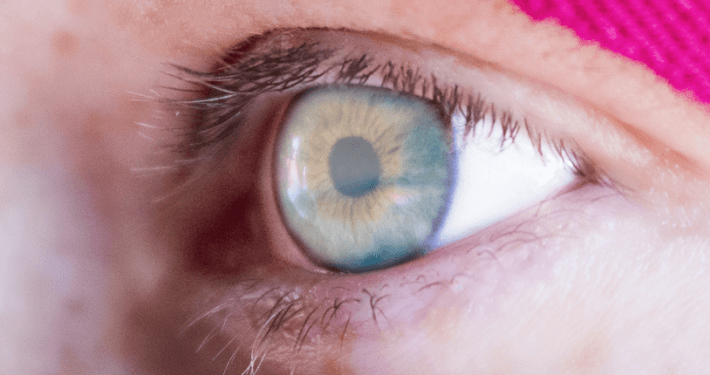Corneal Ulcers
Corneal ulcers are just as troubling as they sound — and they can rob you of your vision unless you seek prompt treatment. Fortunately, you can get that treatment right here at Texas Eye Surgeons in Plano, TX.
Corneal Ulcers: Causes and Symptoms
Corneal ulcers are caused by:
Dry eye
Chronic dry eye can sometimes lead to corneal ulcers or other corneal damage. That’s because when the eye cannot protect itself properly with a layer of tear film, the corneal tissues become exposed to infectious agents, dust and other potential threats.
Herpes simplex virus
Herpes simplex virus can sometimes be transferred to the eye. When this viral infection affects only the top layer of the cornea, you may experience ulceration that heals without scarring. Infection of the deeper corneal tissues can lead to scarring and even blindness.
Fungal infections
Fungi can invade the eye and damage the cornea. A are but significant threat occurs when the Fusurium fungus attacks the cornea, sometimes resulting in the need for corneal transplantation surgery. Inadequate disinfection of contact lenses can allow fungal infections to occur.
Parasites
An aquatic parasite called Acanthamoeba can get into your eyes and invade the corneal tissues, revealing itself as a white “ring” in the iris surrounded by redness. The resulting corneal ulceration can cause serious vision loss. This form of eye infection has been associated with poor contact lens hygiene.
Systemic health issues
If you have an underlying health problem such as an autoimmune disease or chronic inflammatory disorder, you may be prone to serous corneal damage.
Corneal ulcer symptoms include redness, tearing or discharge, eyelid swelling, light sensitivity, blurry vision and an irritating “foreign body” sensation in the eye. That’s why it always makes sense to have any such disease checked out immediately by our Plano ophthalmologist so we can see whether any corneal damage has been done and prescribe the right treatment immediately.
Corneal Ulcers Treatment (and Prevention) in Plano, TX
Treatment of corneal ulcers depends on the cause of the ulceration. Antifungal, antiviral and antibiotic medications can all do a good job of taming these respective infectious agents. Eye drops and other therapies may be necessary to protect dry eyes. In the worst-case scenario, we can perform corneal transplant surgery to restore clear vision.
Preventing corneal ulcers is obviously preferable to treating an ulcer in progress. Your Plano ophthalmologist at Texas Eye Surgeons can advise on smart everyday eye care practices such as cleaning your contact lenses correctly and with the right products. (One product that failed to prevent fungal infection was recalled years ago, but only after many cases had been reported.) We can also help you avoid or manage conditions such as dry eye to keep your corneas as healthy as possible.
Schedule an Appointment with Our Plano Ophthalmologist Today!
Getting the treatment for you need for an underlying disease may also help you steer clear of corneal ulcers. Contact us at (972) 379-3937 for an appointment with our ophthalmologist at Texas Eye Surgeons in Plano, TX!






